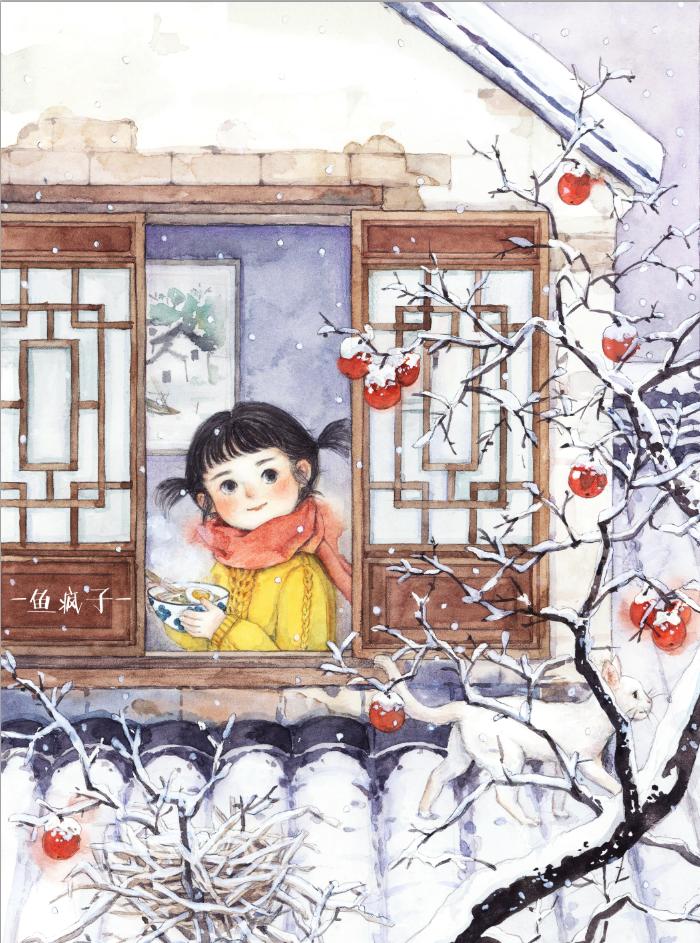
Chinese New Year's Eve night
Liu Shaotang, |, Photo| Network Editor| Liema Green Onion
The night of Chinese New Year's Eve on the thirtieth day of the waxing moon is joyful and solemn. Family reunion dumplings, who eat the dumplings wrapped in money are the most blessed, a year of popular luck.
The yard is covered with sesame straw, and the little girl is not allowed to go out of the house, and although the little boy is allowed to move around, he cannot urinate outside, so as not to collide with the gods.
No matter how sleepy they are, they are not allowed to sleep, and adults tell jokes, guess riddles, and tell stories to children, which is called keeping the age.
Wait until the people who beat the pot knock on the pot, the sound can be put into the pot dumplings, firecrackers are placed in the yard, couplets are pasted on the door frame, the children give the old people a kowtow before the dumplings are put on the pot, the old people want to reward the old money, the boys can go out, step on the sesame straw to the families of the relatives and branches, and the money is filled with purses.
The sky is bright, and the people who worship the New Year have knocked on the door. When they opened the door, they shouted, "Congratulations, congratulations!" "Same joy, same joy!".
I usually string hundreds of doors, and on the first day of the first month of the first month, I want to give a hundred new year's greetings. Out of the left neighbor into the right house, go to the east family string west home, the south of the village north of the door of each door to worship over and over again, then I feel recognized, I grew a year older.
About author:Liu Shaotang (February 29, 1936 – March 12, 1997) was a famous Chinese vernacular literary writer, one of the representative writers of the "Lotus Dian School", and the founder of the "Grand Canal Vernacular Literature System". He began publishing at the age of 13 and was the youngest member of the Writers Association at the time. In the spring of 1950, because he was called a "child prodigy" by the poet Yan Ming, the title of "child prodigy writer" gradually spread and was recognized by the public, and because his hometown Rulin Village was close to the North Canal, he was also known as the "Son of the Grand Canal". Most of his works are based on the theme of rural life in the Jingdong Canal (North Canal), with a fresh and simple style and rich local colors. His works have won many domestic awards and national awards, and many of his works have been translated into foreign languages and have also had an impact on the world.
Statement: The picture and text come from the network, the copyright belongs to the original author, if there is infringement, please contact us in time to delete, thank you!